Vietnam Litigation
- 01/01/1970

LHD LAW FIRM has represented both national and international clients in extremely complicated commercial disputes at all levels within the Vietnamese Court system, and in arbitration centers around Vietnam. We have been involved in several leading cases supporting multi-national corporations in the settlement of labor, corporate, commercial, competition, and construction disputes before local courts.
Vietnamese laws provides for three forms of dispute resolution: (a) conciliation; (b) litigation or court settlement; and (c) arbitration. Separate proceedings apply for each form.
Conciliation
As with other Asian countries, informal dispute resolution remains common for business disputes in Vietnam. The laws of Vietnam also encourage parties to a dispute to settle their dispute by conciliation and mediation by themselves. However, no formal system of conciliators and mediators has been developed to date.
Conciliation is an informal process, and may be mandatory or voluntary before legal proceedings depending on the type of dispute. In general, the decision of conciliation is not binding unless the parties in question reach a settlement agreement, which is then treated as a contractual arrangement with remedies available for breach of its terms.
Litigation
Litigation is still the most common formal channel for resolving commercial disputes in Vietnam when the parties cannot reach an agreement via an informal mechanism.
Commercial disputes are considered part of civil disputes in general and can be submitted to a competent court for settlement. The procedures for court proceedings are provided for in the Civil Proceedings Code (CPC), which took effect on January 1 2005. The CPC consolidates major provisions of previous laws on the procedures for civil, economic and labour disputes, and those on recognition and enforcement of foreign judgements and foreign arbitral awards.
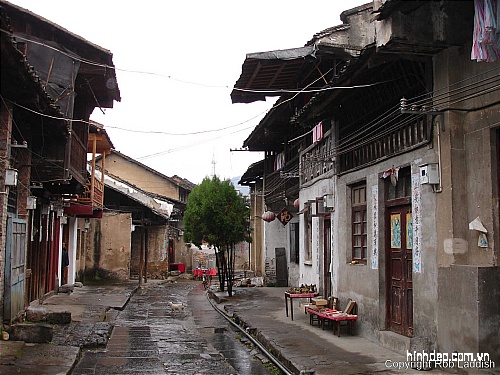
Court system
The court system of Vietnam, known as people’s courts, comprises three tiers, including the District, Provincial and Supreme People’s Courts.
The Supreme People’s Court is composed of one Council of Supreme People’s Court Judges and separate specialist courts. Apart from acting as appellate court for the Provincial People’s Court’s first-instance cases, the Supreme People’s Court is empowered to review trials of cases with judgments that have already taken legal effect, but have been protested due to changes/new discovery of proof and facts materially related to the case. The Council is also the highest body for issuing guidance on uniform application of laws, especially litigation laws.
A Provincial People’s Court is composed of one Committee of Provincial People’s Court Judges and separate specialist courts. Unlike the Supreme People’s Court, it is empowered to hold both trials of first instance and trials of appeal. The Court acts as appellate court for the District People’s Court’s first-instance cases.
A District People’s Court has the power to hold first-instance trials in civil, commercial, and labour cases, except for those under the Provincial People’s Court’s jurisdiction or selectively taken into jurisdiction by the Provincial People’s Court.
Arbitration
Though legislation for arbitration in Vietnam has been significantly improved, the selection and use of arbitration as a dispute resolution forum remains uncommon among business entities. The operation of commercial arbitration centres is also quite moderate. The major legislation for arbitration is the Ordinance on Commercial Arbitration, dated February 25 2003, which came into force on July 1 2003. Commercial disputes may be resolved by an arbitration tribunal established by an arbitration centre or set up by the parties (ad hoc arbitration).
The Vietnam International Arbitration Centre (VIAC), which is attached to semi-governmental agency the Vietnam Chamber of Industry and Commerce (VCCI), is the most popular arbitration centre in Vietnam. The Pacific International Arbitration Centre (PIAC), which was established by a group of experienced lawyers in 2006, is also quite active.
Under Vietnamese law, such as the 2005 Investment Law, parties to a transaction involving foreign elements may choose foreign arbitration for settlement of disputes arising from the transaction. The CPC sets forth specific regulations for recognition and enforcement of foreign arbitral awards. In 1995, Vietnam ratified the 1958 New York Convention on the Recognition and Enforcement of Foreign Arbitral Awards.
Foreign court judgments
Foreign courts’ judgments are not enforceable in Vietnam. Under the CPC, Vietnamese courts will only consider recognition of such judgments in countries that have entered into bilateral judicial agreements with Vietnam for enforcement of such judgments. So far, only Russia, Cuba, Bulgaria, Hungary and France have signed such a treaty. For all other countries, the CPC allows Vietnamese courts to recognise and enforce foreign court verdicts on the basis of reciprocity. This is yet to be tested in practice.

Foreign arbitral awards
Under the CPC, foreign arbitration awards mean awards made either outside of Vietnam or within Vietnam by a mutually appointed foreign arbitrator. Accordingly, a foreign arbitral award rendered in, or by arbitrators of, a country that is party to the New York Convention can be recognised and enforced in Vietnam. Where the relevant country is not a member of the Convention, Vietnamese courts may recognise and enforce an award on the reciprocity basis.
Pls Contract us if the client's need:
Send comment
Others Post
+68889+
Happy Client's
+16889+
Projects Done
+39+
Employees
3+
Office Locations


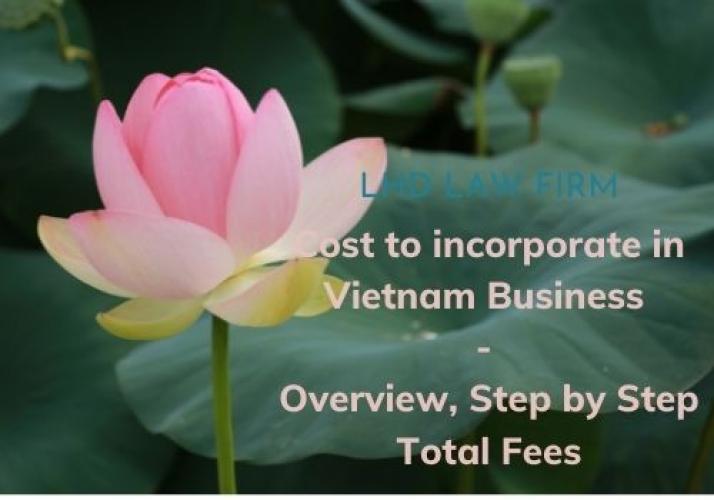


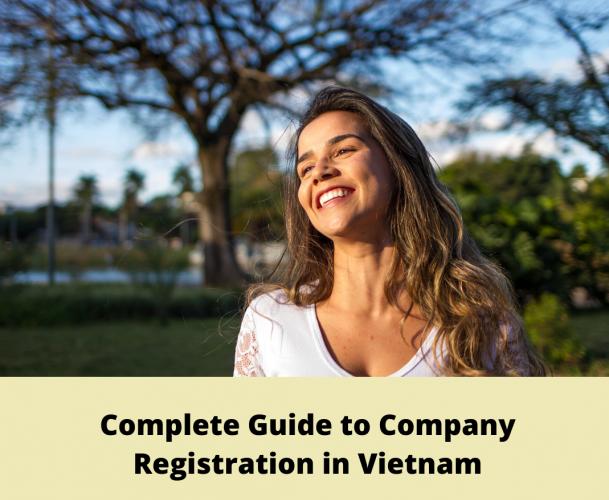

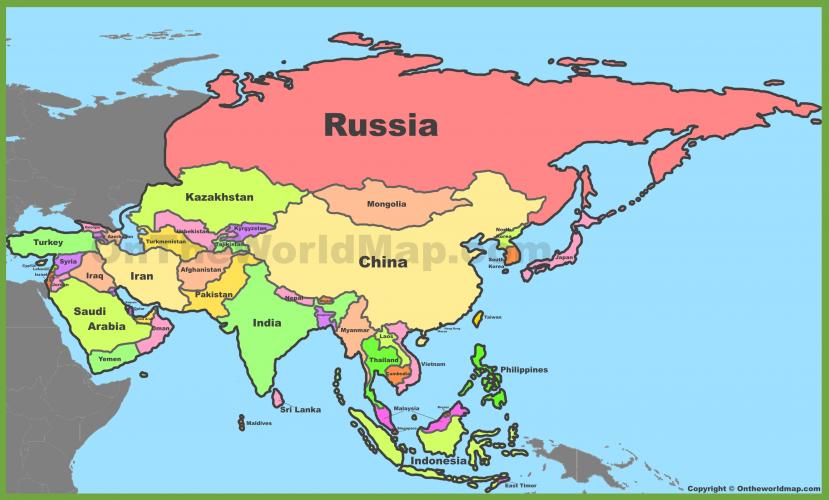
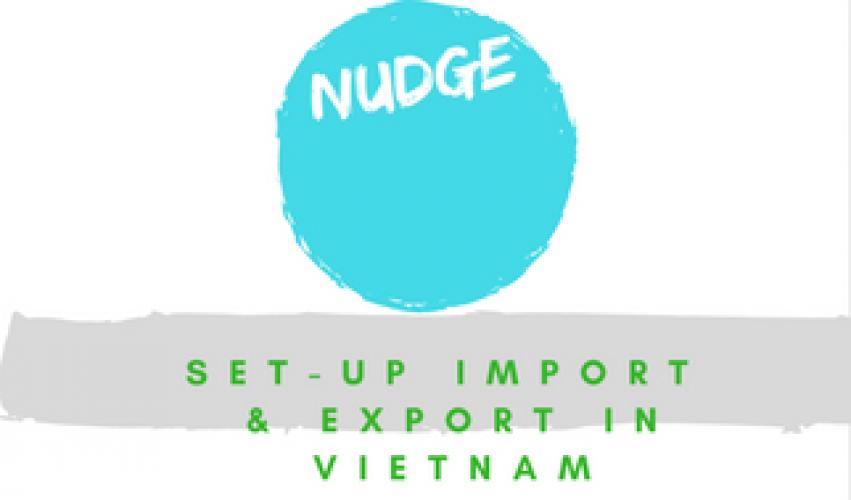

0 comment